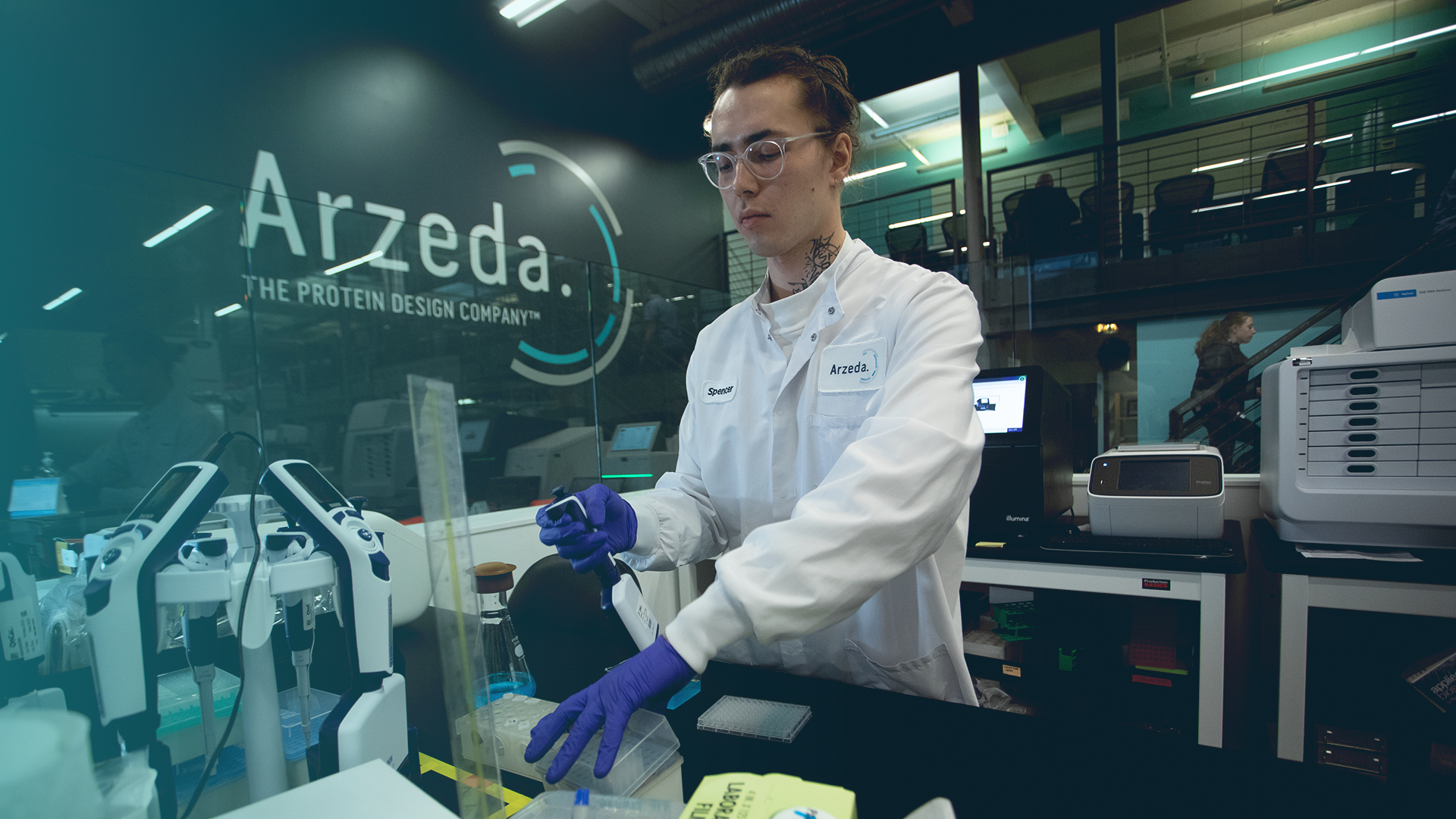Arzeda Raises $38M to Meet Strong Market Demand for Better Tasting Stevia
Michael Krel, Partner at Sofinnova Partners, said:
“Arzeda is at a key inflection point with its products now at commercial scale. This funding will enable Arzeda to accelerate the commercialization of its industrial biotech products, including new designer proteins and enzymes that have the ability to reduce GHG emissions. Arzeda’s Intelligent Protein Design Technology is transformational to many industrial verticals and they are one of the few companies that have been able to translate this promise into commercial products that solve real- world problems and create value for the customer.”
Founded in 2009 by researchers from the University of Washington's Baker Lab, Arzeda applies AI to the field of protein design, aiming to create novel proteins with specific characteristics for a variety of applications beyond traditional biomedical uses. These applications include food, agriculture, home care, and materials, with a focus on replacing conventional chemical-based products with sustainable AI-designed proteins and enzymes.

Image credit: Arzeda
Arzeda also co-founded OpenFold, a non-profit consortium dedicated to developing open-source AI tools for protein structure prediction and design. OpenFold aims to make advanced protein modeling accessible for academic and commercial use, promoting innovation across the biotech and pharmaceutical sectors.
The consortium has developed state-of-the-art AI-based tools such as SoloSeq, a protein Large Language Model integrated with OpenFold’s structure prediction software, and OpenFold-Multimer, which enhances the modeling of protein-protein complexes. OpenFold is also working on an open-source version of AlphaFold3, aiming to create a freely available alternative to proprietary models.
The company’s technology combines AI models guided by biophysics with advanced generative methods, such as LLMs and diffusion models, trained on a proprietary dataset of protein sequences and structures.
Arzeda's current focus is on scaling up its stevia product, a natural sweetener developed using its protein design platform. The company is also working on other products, including laundry detergents for Unilever and biodegradable materials in partnership with W.L. Gore & Associates. By handling both the design and manufacturing processes, Arzeda not only creates proteins and enzymes but also participates in the commercialization of end products in collaboration with its partners.
Topics: Marketing & E-commerce